- Home
- Life in the U.S.
- U.S. Laws
-
How to Interact with Police in the United States
- Home
- Life in the U.S.
- U.S. Laws
-
How to Interact with Police in the United States
- Home
- Life in the U.S.
- U.S. Laws
-
How to Interact with Police in the United States
Main navigation
-
- After-School Activities in the U.S.
- Childhood Vaccination Requirements for Students in the U.S.
- Education in the U.S.
- Public Libraries as a Resource for Adults and Children
- Sesame Workshop: Supporting Young Children and Families from Afghanistan
- Sesame Workshop: Supporting Young Children and Families from Ukraine
- Summer Activities and Camps for Children
- The Benefits of Enrolling Your Child in School
- Tips for Getting Children Ready for the School Year
- Your Guide to College and University in the United States
-
- Healthcare in the U.S.
- Vaccines Save Lives
- Emotional Health and Wellness
- Managing and Coping with Stress
- Mental Health in the U.S.
- Answering FAQs on Tuberculosis (TB): A Resource for Newcomers
- Common Reactions to Stress
- Coping Skills to Help Adults Manage Stress
- Coping with Grief and Loss
- Coping with Unresolved Grief When a Loved One is Missing
- Finding Support During Difficult Times
- Helping Children Cope with Fear, Worry, and Stress
- How to Get Interpretation and Translation at Your Medical Appointments
- How to Pick Up a Prescription
- Supporting Your Children During Times of War and Conflict
- Tips for a Better Night’s Sleep
- What to Know About Respiratory Illnesses
- Women’s Wellness Exams Part 1: What is a Wellness Exam?
- Your Rights and Responsibilities in the U.S. Healthcare System
-
- Rental Housing in the U.S.
- Navigating Housing in the United States
- A Newcomer’s Guide for Renting in the U.S.
- Buying a Home in the United States
- Fire Prevention and Safety Tips
- Housing Priorities for Newcomers to the United States
- Housing in the U.S.
- Keeping Your Home Cool While Saving Energy
- Rental Housing Affordability in the U.S.
- Renting a Home: The Security Deposit
- Six Tips to Remember When Looking for Housing in the U.S.
- Understanding Additional Monthly Costs When Renting a Home
- Understanding a Lease When Renting an Apartment or a House
- Understanding the Dangers of Lead-Based Paint in Housing
- What Newcomers Should Understand About Their First Housing in the U.S.
- What is an Eviction?
- Public Assistance and Services
- Resettlement Services
-
- How to Interact with Police in the United States
- Rights and Responsibilities
- U.S. Law: First Amendment Rights
- U.S. Law: Rule of Law
- How to Notify Citizenship and Immigration Services (USCIS) of Change of Address
- Registering With the Selective Service System
- What to Do If You Are Stopped in Your Car by the Police
- When and How to Apply for Lawful Permanent Status (Green Card)
How to Interact with Police in the United States
How to Interact with Police in the United States
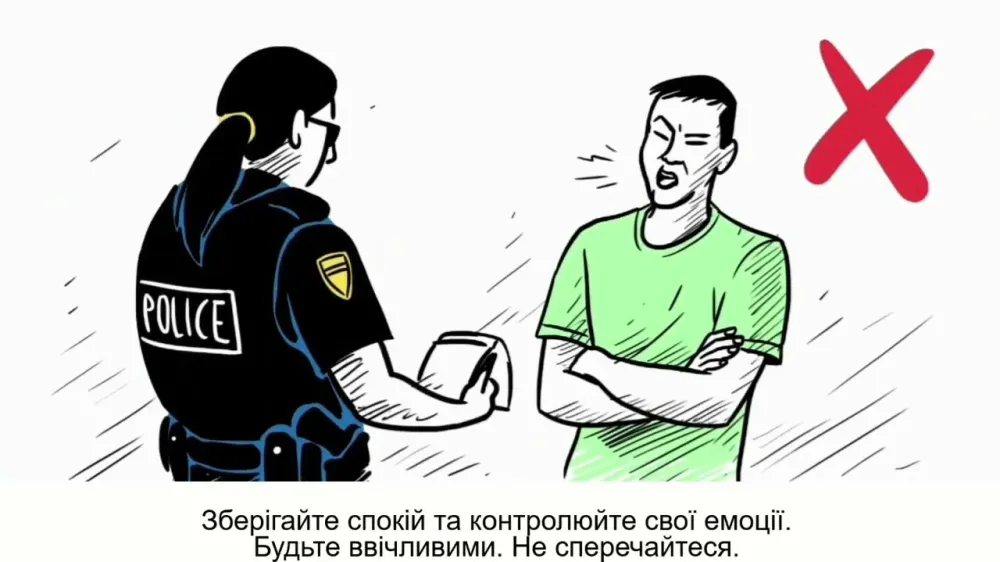
The role of the police in the United States is to respect, protect, and uphold the civil rights of individuals and communities across the country. The police enforce local, state, and federal laws. If you have an emergency, you may need to call 9-1-1 to ask for assistance.
Like firefighters and ambulances, the police may arrive to assist you. You may also encounter the police in a variety of situations in your communities such as when they stop drivers for traffic violations. Their job is to ensure public safety. To do that, they may sometimes need to talk to you or ask you questions.
If you encounter police in public or are stopped by the police while driving, here are some tips to stay safe. Appropriate ways to interact with the police:
- Stay calm and control your emotions.
- Be respectful. Don’t argue.
- Keep your hands visible and out of your pockets.
- Don’t run or reach for anything suddenly.
- Stay in one place and be still.
- If you are in a vehicle, stay in the vehicle and keep your seatbelt fastened.
- Don’t touch or stand too close to a police officer.
- Carry your I.D. and the phone number of someone who can help you, if needed.
- Ask if you are free to leave and, if so, depart calmly.
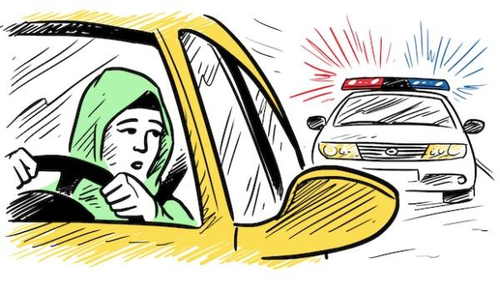
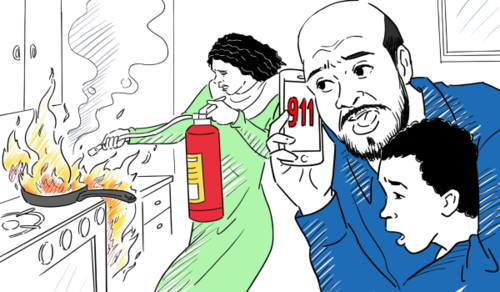
Remember: It’s okay to say you don’t understand. You have a legal right to an interpreter.
- If you are accused of breaking a law and are arrested, you have the right to remain silent and talk to a lawyer before being questioned.
- If you cannot afford a lawyer, the court will pay for one to represent you.
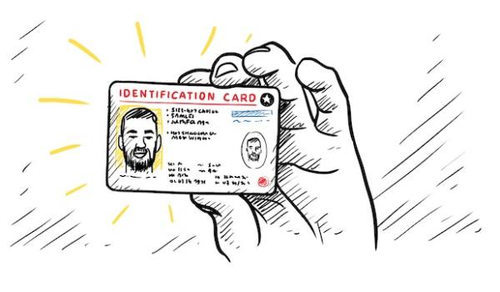
Up-to-date information
Find out more
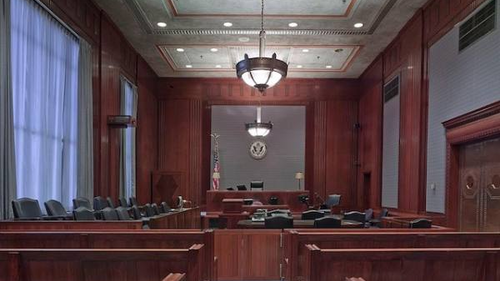
In the United States, laws protect the rights of all people, including newcomers. You must learn and follow the laws...

There are 27 amendments to the U.S. Constitution. These amendments protect people’s rights in the U.S. The First Amendment provides...

The United States of America is governed by a system intended to ensure order and to protect citizens through laws...